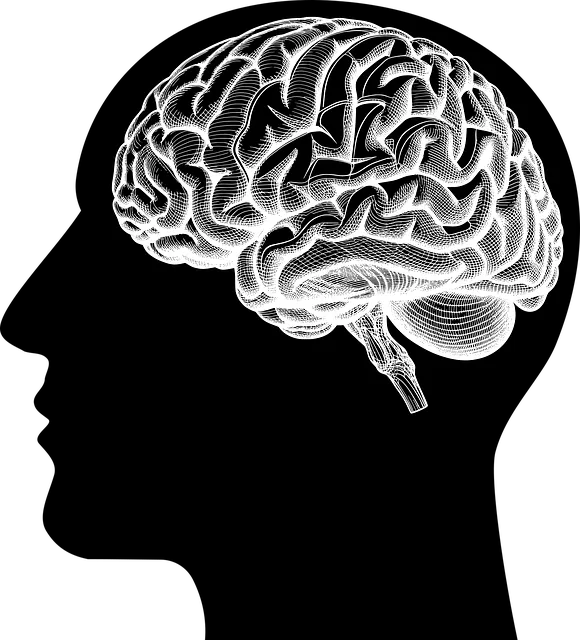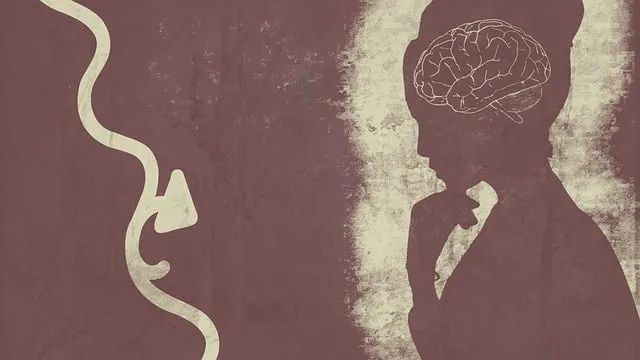The Kaiser Permanente behavioral health center in Littleton prioritizes cultural diversity in mental healthcare, recognizing unique psychological needs across diverse backgrounds. They tailor treatment plans and offer trauma-support services adapted to individual cultures, fostering safety and trust. This holistic approach combines mood management and positive thinking techniques relevant to each culture, enhancing treatment effectiveness for long-term recovery and improved well-being. Through communication strategies, awareness of traditional beliefs, and ongoing cultural competency training, the center delivers personalized, culturally competent care sensitive to various backgrounds.
“Cultural sensitivity is a cornerstone of effective mental healthcare, ensuring equitable and compassionate treatment for all. This article explores the vital role it plays at the Kaiser Permanente Behavioral Health Center Littleton, one of the leading providers in the region. We delve into the complex dynamics of cultural diversity, highlighting challenges and offering practical strategies to enhance cultural competence. By understanding the unique needs of a diverse community, mental healthcare practitioners can provide more personalized and inclusive services.”
- Understanding Cultural Diversity in Mental Healthcare at Kaiser Permanente Behavioral Health Center Littleton
- Challenges and Considerations for Culturally Sensitive Practice
- Strategies to Enhance Cultural Competence in Mental Health Services Delivery
Understanding Cultural Diversity in Mental Healthcare at Kaiser Permanente Behavioral Health Center Littleton

At Kaiser Permanente Behavioral Health Center Littleton, recognizing and embracing cultural diversity is an integral part of providing comprehensive mental healthcare services. The center understands that individuals from various ethnic, cultural, and socioeconomic backgrounds may have unique psychological needs and experiences shaped by their distinct upbringings and environments. This awareness drives the development of tailored treatment plans that resonate with patients’ personal identities and promote healing.
By incorporating cultural sensitivity into its practice, Kaiser Permanente Behavioral Health Center Littleton ensures that every patient receives trauma-support services adapted to their background, fostering an environment of safety and trust. The center’s approach extends beyond addressing symptoms to encompass mood management and positive thinking techniques that are culturally relevant. This holistic strategy not only enhances the effectiveness of treatment but also encourages long-term recovery and improved overall well-being for all patients served.
Challenges and Considerations for Culturally Sensitive Practice

Navigating culturally sensitive practices in mental healthcare is an intricate process, especially within diverse communities like those served by Kaiser Permanente behavioral health centers, such as Littleton. Understanding and respecting cultural differences are essential to delivering effective care. One of the primary challenges lies in breaking down communication barriers, which can hinder patient-provider relationships. This is particularly relevant in communities with varying linguistic and cultural backgrounds, where translators and culturally competent staff play a vital role in ensuring accurate information exchange.
Additionally, public awareness campaigns focused on mental health issues, like Depression Prevention initiatives, must consider these cultural nuances to be truly effective. Promoting positive thinking and encouraging open discussions about mental well-being should be tailored to resonate with diverse audiences. Sensitivity to traditional beliefs, family dynamics, and community support systems is crucial in fostering an environment where individuals feel comfortable seeking help without fear of judgment or misalignment with their cultural identity.
Strategies to Enhance Cultural Competence in Mental Health Services Delivery

Mental healthcare providers at Kaiser Permanente behavioral health center Littleton play a vital role in bridging cultural divides to offer inclusive and effective treatment. Enhancing cultural competence involves several strategies that can significantly impact patient outcomes. One key approach is providing ongoing training for healthcare providers on cultural competency, including awareness of unconscious biases and knowledge about various cultural beliefs and practices related to mental health. This training equips staff with the skills to create a safe and non-judgmental environment, encouraging open communication.
Additionally, incorporating Stress Reduction Methods tailored to diverse cultural backgrounds can be transformative. Teaching mindfulness and relaxation techniques sensitive to specific cultural needs enables patients to manage stress while respecting their unique identities. Conflict Resolution Techniques are also essential tools for navigating sensitive conversations, especially when dealing with language barriers or cultural misunderstandings. By integrating these strategies, the Littleton center strives to deliver culturally competent care, ensuring every patient receives personalized support in their journey towards mental wellness.
Cultural sensitivity is an indispensable aspect of mental healthcare, as evidenced by the comprehensive practices at Kaiser Permanente Behavioral Health Center Littleton. By understanding and addressing cultural diversity, navigating challenges, and implementing strategies to enhance cultural competence, mental health professionals can provide more inclusive and effective care. Incorporating these principles ensures that individuals from various backgrounds receive services tailored to their unique needs, fostering a more equitable and accessible mental healthcare system.






